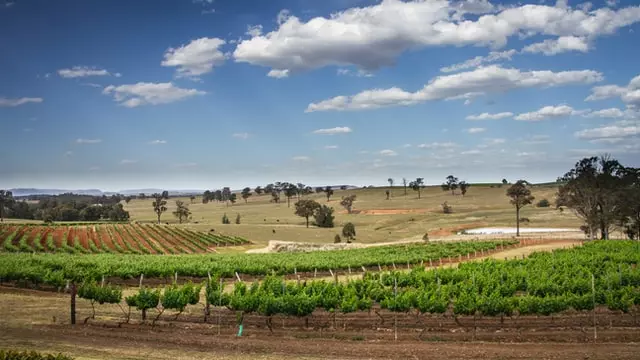
Land value is determined by a land valuer. It is the value of land and the improvements that have been made on the subject property. Many landowners hire valuers to evaluate the current market value in order to charge the correct amount of rent for the use of the property. However, this is not the only reason a valuation is needed.
A valuation is essential for many real estate transactions and is used for tax determination as well as investment analysis. It can form the foundation for informed decision-making.
5 factors influencing land value
When ordering a land valuation in NSW, having a good understanding of what can influence your valuation can help you best prepare ahead. That is not the only advantage. Expectations may be better managed, and you find more use for the information found in your land valuation report.
To enhance your understanding, here are some of the key influences affecting land valuations:
1. Purpose of the valuation
Land valuers in NSW tailor their approach for the purpose of the valuation. If a report is needed for the purposes of development planning, then the method, data and end value will not be the same as a valuation made to determine council tax rates.
Valuers will always ask for the purpose of the land valuation during the enquiry and quotation stage of the valuation. This will have a significant impact on the entire process and the final report.
2. Location
This is one of the largest factors a land valuer must consider when conducting a valuation. Where the lot is located will dictate the kind of influences that need to be accounted for. If a property is located in a suburb, then the value of the land may also need to consider the local economy, amenities, and distance to the CBD. Current zoning and local council restrictions are also considered by valuers.
When using the comparison approach, similar properties within a 5km radius are used as comparables. This is vital for accuracy. Ideally, the hired valuer will be a local expert to ensure no contributing factor of value is unaccounted for.
3. Supply and demand
As well as researching the land’s comparable properties, the state of the local property market needs to be explored and this includes the supply and demand for lands matching the subject property. What is available in the market, and the current selling or leasing prices, play a key role in the calculations made by a land valuer.
The standard rule of supply and demand dictates that the more abundant an item is, the lower the value if the level of demand does not match. If there is more demand than what is available, values will increase. This applies to almost any kind of market, including real estate.
4. Physical attributes
There are many attributes that must be examined by the land valuer. This includes such things as the quality of the soil, topography, whether the property is on sloping or uneven terrain, and what improvements have been made. These improvements do not include structures or gardens, but improvements to the land only such as retaining walls, draining, excavating, filling, and clearing.
Land class is another consideration, especially for rural properties. This will describe the type of terrain and will make it easier to find comparable properties. These classes may include cropping, grazing and timberland hills.
5. Size
The most important physical attribute as it plays a key role when calculating the value of the land when using the direct comparison approach. Here, the formula of land value would be the average price per square metre.
Therefore, the size of the land is one of the most influential factors as it impacts what is considered a valid comparable and the final valuation figure.
Conclusion: The true value of a land valuation
Information is power when it comes to negotiations, making huge financial decisions and when considering investments. Land valuations provide a wealth of knowledge thanks to their comprehensive process and report.
Your first step to gaining this vital knowledge is getting in touch with a local and trusted land valuer near you. Enquire for more details or request a quote today.








